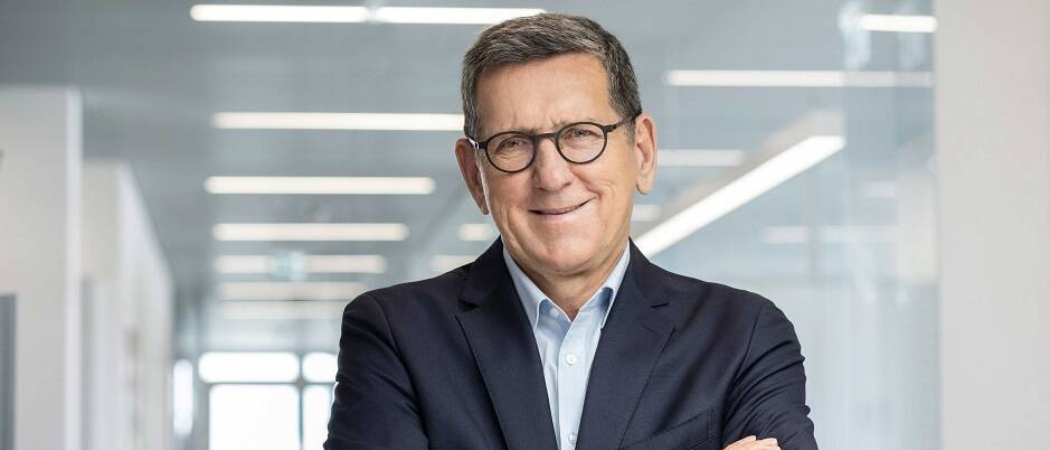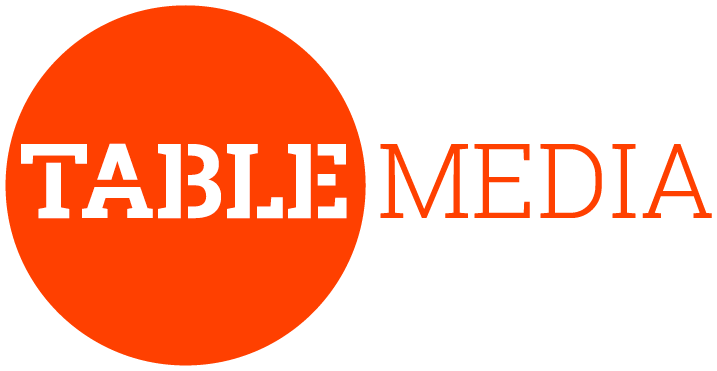Heilbronn is set to become a hotspot for application-orientated artificial intelligence, with the Dieter Schwarz Foundation the main driving force. Managing director Reinhold Geilsdörfer explains the concept - and why money is not an issue.

Reinhold Geilsdörfer, managing director of science at Dieter Schwarz Foundation. Photo credits: Fotoatelier-M
Science|Business - Table.Media partnershipScience|Business has partnered with Table.Media, a leading source of news about higher education and research in Germany. Each week, we are publishing one of each other’s stories to give readers an even broader range of insight into R&D policy across Europe. |
From 2025, the new campus of the Innovation Park AI (IPAI) will be built on a 23-hectare circular site in the north of Heilbronn, in south-west Germany.
It is set to become one of the largest ecosystems for application-oriented artificial intelligence in Europe, and is expected to attract billions in private AI investment.
Heilbronn won a competition in 2021 to host the park, organised by the state of Baden-Württemberg, thanks to the commitment and financial strength of the Dieter Schwarz Foundation, which has been investing in academic research on its own educational campus there for some time.
"We want to create framework conditions that are also attractive to international talent," says Reinhold Geilsdörfer, managing director of science at the foundation, in an interview with Table.Briefings.
This has required well-known names such as ETH Zurich, the Technical University of Munich, and other top international universities that are already on board, such as Oxford University. "Among other things, these partnerships have contributed to our success in the competition for the IPAI AI Innovation Park,” said Geilsdörfer.
"We have had endowed professorships in Zurich for two years and ETH has realised that our focus and our value system are a good fit,” he continued. By value system, he means academic freedom above all.
"With endowed professorships, we define the focal points together, but otherwise do not interfere at all,” Geilsdörfer explained. “The universities are completely free when it comes to appointing professors and what research is carried out."
Keeping Aleph Alpha
The promise of research funding was also behind the Dieter Schwarz Foundation's successful bid to tie the highly regarded AI start-up Aleph Alpha to the region.
A strategic partnership in cutting-edge AI research was announced at the end of August 2023. Then in November, it was announced that Aleph Alpha would receive more than $500 million in venture capital from a consortium in which IPAI and the Schwarz Group companies also hold a significant stake.
"For [Aleph Alpha] CEO Jonas Andrulis, it was important that a large proportion of these funds could be used for research and development," says Geilsdörfer. The special thing about the partnership between IPAI and Aleph Alpha is the money invested in the start-up is "to a certain extent charitable funds", he explained. "There is no expectation of high returns, as is usually the case with venture capitalists in the start-up sector."
Before this windfall arrived, it was rumoured that Aleph Alpha was considering leaving and was in talks with investors in the US. Geilsdörfer said that the commitment of the Dieter Schwarz Foundation prevented the company from leaving. "Jonas Andrulis realised that the value system we brought to the cooperation was a better fit."
The foundation’s involvement in AI is part of its wider engagement in the challenges facing society, he argues.
"Industry, for example, must transform and develop further. We want to support the change process with our funding,” said Geilsdörfer. The foundation focuses on education, research and start-up ecosystems. "We see our commitment in these three fields as an important investment in the future. A particular focus is on digitalisation, especially artificial intelligence, cyber security and, in the future, quantum research will also play an important role."
That this effort is concentrated in Heilbronn, a city with a population of 125,000 in the north of Baden-Württemberg, has to do with the fact that the foundation’s founder Dieter Schwarz was born, grew up and is an honorary citizen of this city. The foundation receives a fixed amount each year from the Schwarz Group companies, which include the Kaufland and Lidl supermarket chains.
The foundation does not give exact figures for its budget, nor does it disclose the financial volume of its individual cooperations. Geilsdörfer explains this as follows, "With other foundations, the owner is usually no longer alive, for example with the Robert Bosch or Bertelsmann Foundations. At the Volkswagen Foundation, there is an AG [public limited company] behind it. In our case, the founder Dieter Schwarz is still alive - and he doesn't want that [disclosure]."
When asked about the approximate size of the Dieter Schwarz Foundation’s research funding - for example, in comparison to the Volkswagen Foundation, which is one of the largest donors, giving €100 million annually - he reveals that it provides an even larger sum. But compared to public investments, this is still not huge. “The Technical University of Munich alone has a budget of €900 million per year,” Geilsdörfer points out.
And compared to the foundation, state investments are of a completely different magnitude. “In comparison, we place a small bright spot in a region. In order to change and move the country forward, we actually need a hundred such investments,” he said.
This text appeared for the first time on 24 January 2024 in Research.Table, a professional briefing from the largest independent start-up for quality journalism in Germany. The editorial team reports for the key people in the research scene who set and fill the framework for science, research and development.





 A unique international forum for public research organisations and companies to connect their external engagement with strategic interests around their R&D system.
A unique international forum for public research organisations and companies to connect their external engagement with strategic interests around their R&D system.